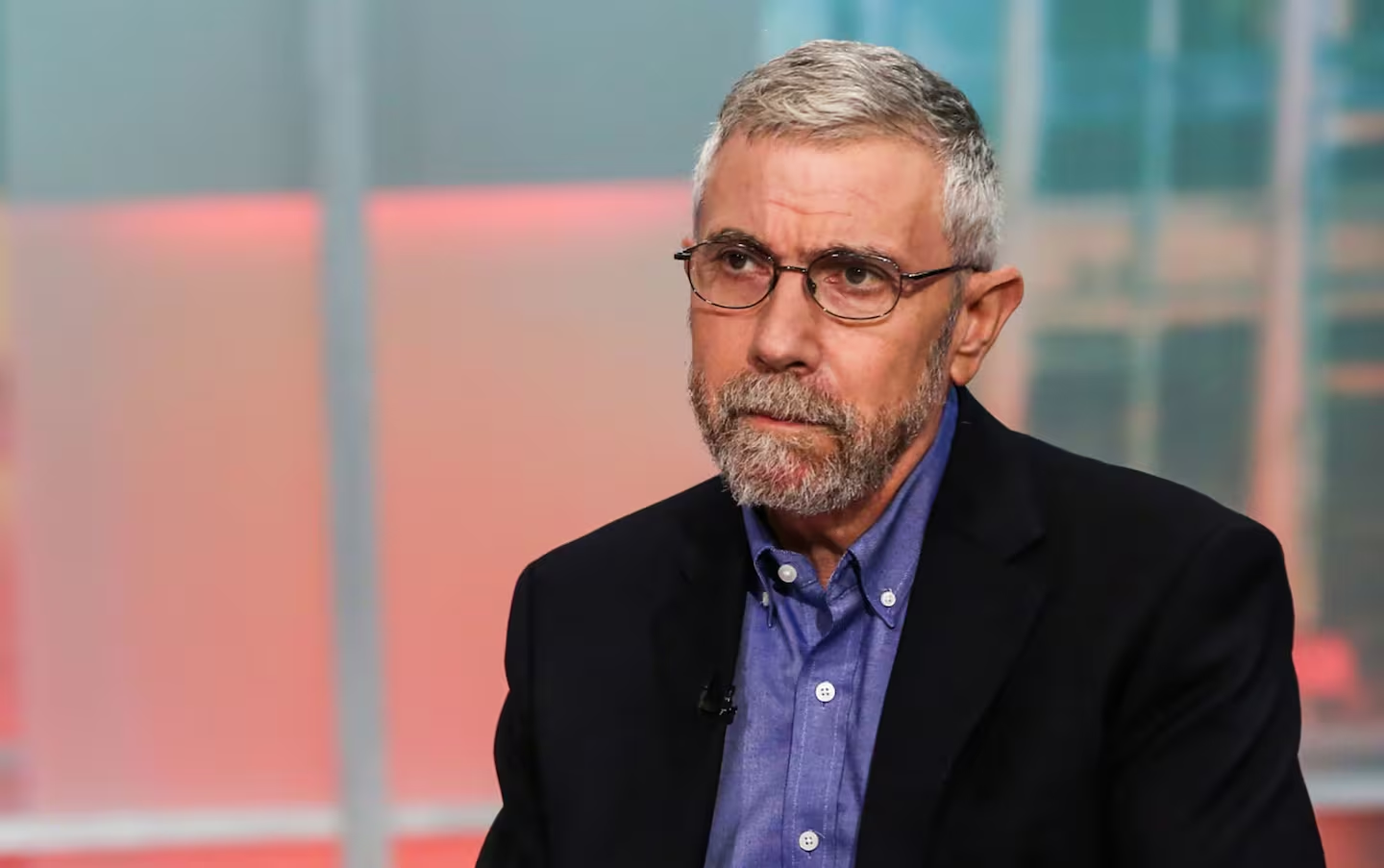Tariffs Threaten Economic Stability
In a shocking move, former President Donald Trump has threatened to impose a staggering 50% tariff on Brazilian exports starting August 1. This action, as pointed out by Nobel Prize-winning economist Paul Krugman, is not only economically disastrous but also fundamentally illegal. The implications are dire for American consumers, particularly those in lower income brackets, who will bear the brunt of these inflated costs.
Legal Violations Are Not Just Technicalities
Krugman described Trump"s threatened tariffs as "grotesquely illegal," emphasizing that they violate international trade agreements which do not allow for such punitive measures based on a country’s internal political matters. According to Krugman, "not liking what a country"s judicial system is doing is not on the list" of valid reasons for imposing tariffs. This blatant disregard for legal frameworks highlights a troubling trend of power abuse, one that undermines the very foundations of global trade.

Nobel Laureate Paul Krugman Says Argentina, Brazil’s Joint Currency Is ...
Working Families Will Pay the Price
The economic repercussions of these tariffs are staggering. As reported by Yale"s Budget Lab, families in the second lowest income decile could lose an average of $980 annually due to tariff-induced price hikes on imported goods. These tariffs are not simply a tax on foreign countries; they are a direct tax on American consumers, who will inevitably face higher prices for everyday products.
Economic Logic Does Not Favor Tariffs
Trump"s rationale for imposing tariffs often hinges on the notion of correcting trade imbalances. However, as Krugman articulates, the U.S. economy is not currently in an emergency that justifies such extreme measures. The Federal Reserve has indicated that higher tariffs disrupt resource allocation and lead to inefficiencies that ultimately harm GDP growth. The expectation that companies will absorb the cost of these tariffs is unrealistic and unsustainable in the long run. Companies might temporarily hold prices down to maintain market share, but they cannot do so indefinitely. The burden will fall squarely on consumers, who will see their purchasing power erode.

BRAZILIAN EMBASSY - Updated July 2025 - 3006 Massachusetts ...
Political Ramifications and Market Reactions
Trump"s aggressive tariff strategy is not only a violation of trade norms but also a political maneuver that distracts from his administration"s failures. The letters sent to various nations indicate a dangerous escalation in trade tensions, with no clear exit strategy in sight. Observers note that the market has not reacted as negatively as one might expect, perhaps due to a prevailing belief in the so-called TACO theory—Trump Always Chickens Out. However, Krugman warns that this time, the tone of Trump"s communications suggests a commitment to these tariffs that could destabilize not just U.S. trade relations but global markets as well.







![[Video] Gunfire between Iraqi security forces and Sadr militias in Baghdad](/_next/image?url=%2Fapi%2Fimage%2Fthumbnails%2Fthumbnail-1768343508874-4redb-thumbnail.jpg&w=3840&q=75)
